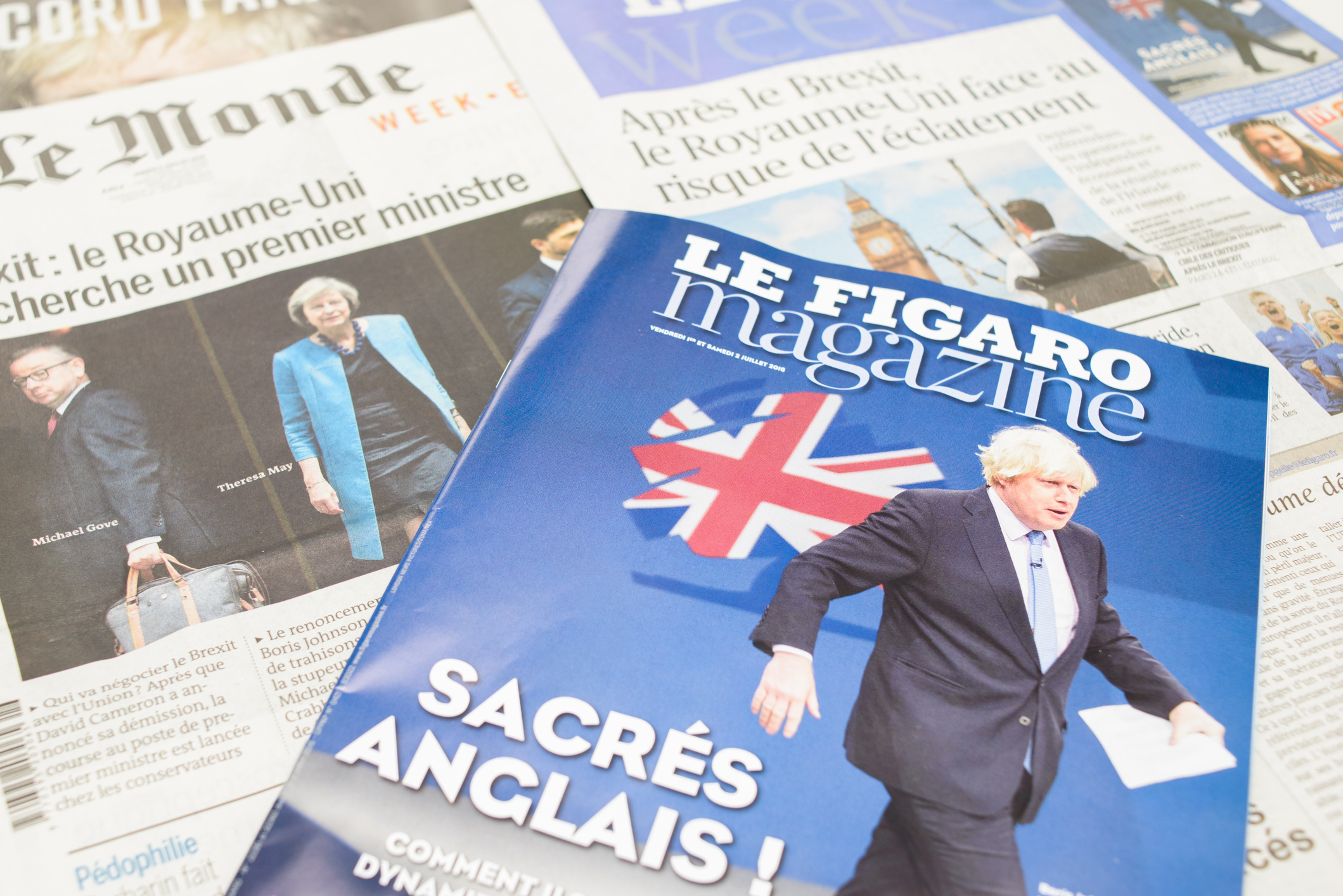You don’t have to believe that managing a pandemic is easy, or that there is some perfect course of action in response, to think the government’s handling of COVID-19 has been just as you’d expect from one led by a clown. And now with the news that Prime Minister Boris Johnson’s political adviser, Dominic Cummings, broke lockdown rules, public discontent could turn into the kind of anger that would be easy for a demagogue to exploit. Yet there appears to be little appetite for such politics, with people instead demanding information, competence, and accountability.
This shift of mood is detectable in recent punditry on Prime Minister’s Questions. After the 38th article about how Johnson has been filleted, diced, and stir-fried (or whatever it is) by Labour Party leader Keir Starmer’s “forensic” questioning, our Dear Leader reportedly took drastic action. In his final PMQs before the summer, Johnson resorted to such experimental measures as Preparing in Advance, Speaking in Full Sentences, and Addressing the Actual Questions. This was a change from Johnson’s previous efforts, which included reminding everyone (in case they might have forgotten) that the pandemic is big, new, and difficult; implying there was something underhanded about Starmer asking such questions; and, his old standby, waffle.
The results of this new approach weren’t spectacular, despite the praise from some quarters, but if it’s true that Johnson is changing tactics, it could be a sign of the times. In the past Johnson has never let the truth or details get in the way of a good story. He refined this technique as a hack journalist, and it later helped him to secure victory in the EU referendum, the Tory leadership contest, and the last general election.
The Prime Minister’s trick goes like this: When quizzed over, as it might be, a half-baked Brexit policy, simply repeat the mantra about how the British people voted to leave the EU and the importance of delivering on this promise. And if you can throw in something about how the opposition should get with the programme, all the better. But Johnson’s attempts to use this template when questioned by Starmer about COVID-19 has been panned in the press and on Twitter, and Johnson is the type of performer who reads his reviews, (or has someone read them for him).
I would argue this change is less to do with Starmer’s brilliant questioning (which is really basic competence, over-praised after two ineffectual opposition leaders), and more to do with the difference between Brexit and COVID-19. For one thing, it’s quite hard rhetorically to mount an “anti-elitist” campaign against microbes (though some are trying). For another, Johnson can’t claim a public mandate for any particular response to the virus, so he doesn’t have a “will of the people” to hide behind.
His decision instead to hide behind “our fantastic NHS workers” is contemptible, and would be even without his failure to provide them with the resources to do their jobs. You also can’t invoke NHS workers while trying to charge the migrants among them to use the health service, and the U-turn on this after it was raised at PMQs underlines how vulnerable Johnson’s central rhetorical device is.
As for the opposition, it’s interesting to compare Starmer’s question on this surcharge with one by Ian Blackford, the Scottish Nationalist leader in the commons, at the same PMQs. Both made the point about the hypocrisy of clapping for NHS and care workers while maintaining the charge. Starmer asked only “Does the Prime Minister think it is right that…”, and followed up with “I am disappointed, because the Prime Minister knows how raw this is,” and then: “Can I urge the Prime Minister to reconsider his view as we go through this crisis?”
Blackford, by contrast, asked: “Given their sacrifice, is the Prime Minister not embarrassed that this is how his government choose [sic] to treat NHS and care workers?” He followed up with, “The Home Secretary and the Prime Minister seem hell-bent on implementing a purely ideological immigration policy with no basis in fairness or economics”, adding that workers “must have the government’s cruel NHS surcharge removed immediately”.
Starmer’s phrasing is amazingly neutral, yet his question is designed to elicit an answer, forcing Johnson to say whether he thinks the surcharge is “right”. Blackford, in asking whether the Prime Minister is “embarrassed”, on the other hand, is simply using a rhetorical device, which prompted a rhetorical response.
If you read Blackford’s version again and ask yourself, who does this remind me of? You’ll find it’s roughly how Starmer’s predecessor, Jeremy Corbyn, would have phrased the question. I also note that Corbyn supporters have criticised Starmer’s tone as insufficiently anti-Tory. Prominent Corbynites have also taken to calling Piers Morgan, the TV bigmouth and Donald Trump supporter, “the real leader of the opposition” in honour of his giving junior government ministers a hard time on daytime television.
The trouble with populist rhetoric is that while it might feel good, it’s much easier to deflect than a direct question, and can always be bested by a superior demagogue. So when politicians like Johnson pose as the humble delegate of some grand people’s struggle, critics will find sharp questions a more effective way to poke holes in the populist’s bag of wind than to respond in kind.
